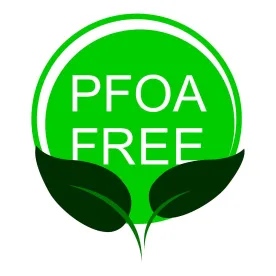2023 has proven to be an extremely busy year for PFAS state AG lawsuits seeking environmental pollution remediation costs from PFAS manufacturers and AFFF manufacturers. We previously wrote regarding Illinois (February), Maine (April), Kentucky (April), Rhode Island, Arizona, Maryland, Oregon, and Washington (all in May). and South Carolina (July) were the latest states seeking hundreds of millions of dollars in PFAS remediation costs. Now, Tennessee and Washington DC have joined the fray, bringing the number of state PFAS lawsuits to over close to 20 cases, with more expected to be filed. While the lawsuits target a narrowly tailored set of companies, lawsuits in other states have already demonstrated that downstream commerce corporations are at risk of being involved in lawsuits seeking hundreds of millions of dollars.
PFAS State AG Lawsuits
The Tennessee and Washington DC Attorneys General filed lawsuits seeking PFAS remediation costs from various PFAS. The lawsuits specifically detail the extent to which several types of PFAS are found in groundwater, surface water, drinking water, waste treatment byproducts, and various other environmental impact avenues. The states are seeking costs related to investigating, cleaning up, restoring, treating, monitoring and “otherwise responding” to the contamination groundwater, surface water, soil and other natural resources.
Implications For Downstream Manufacturers
While the latest state PFAS lawsuits target PFAS manufacturers, companies should not dismiss the lawsuits as events unlikely to impact them in any way. On the contrary, in other states, including California, companies have been directly named as defendants in lawsuits seeking billions of dollars in PFAS remediation costs. Corporations should not ignore the pollution and environmental contamination issues that PFAS pose, as states, federal and state regulatory agencies, and even private citizens are actively seeking damages from companies that they believe placed PFAS into the environment. All companies of all types would be well advised to conduct a complete compliance audit to best understand areas of concern for PFAS liability issues, and ways to mitigate PFAS concerns.




 />i
/>i
